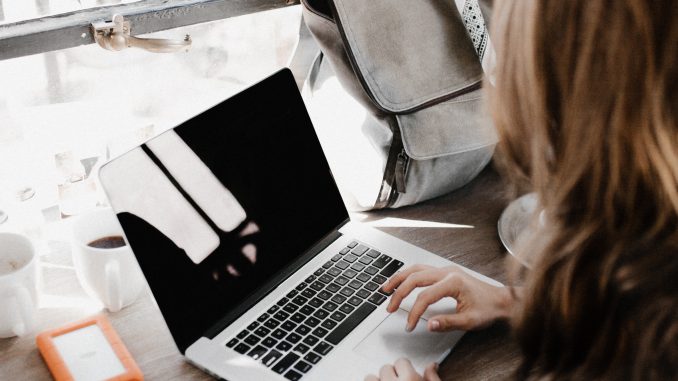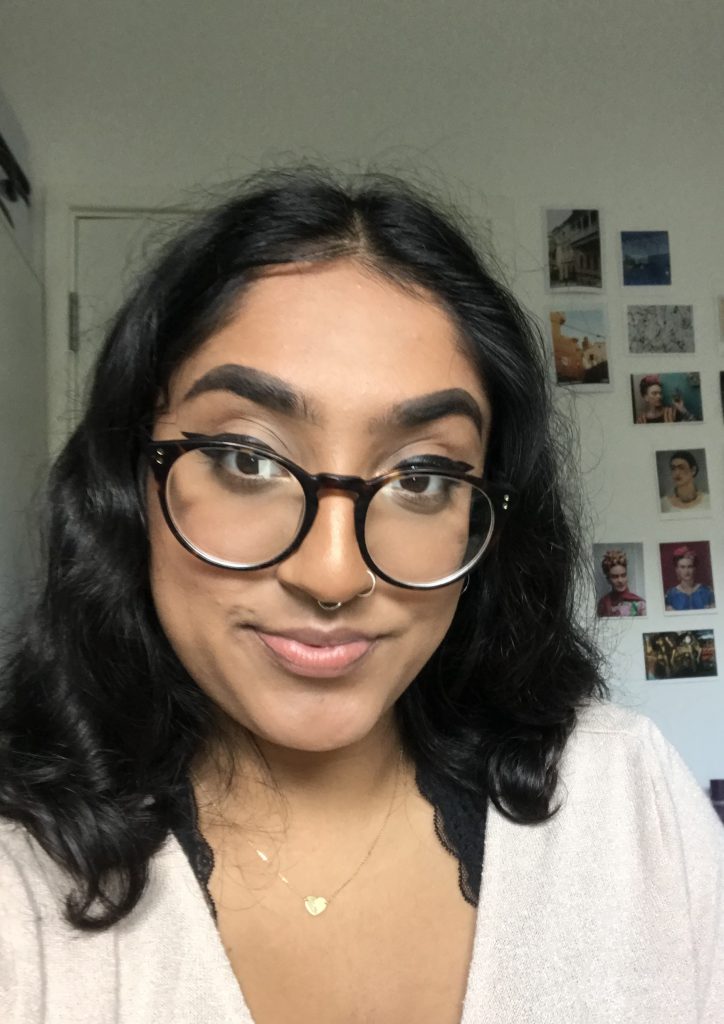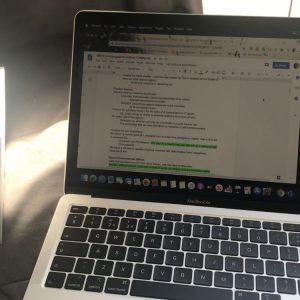

King’s has been super supportive with helping students make the most of a ‘blended’ learning style – here is a breakdown of what online learning has entailed so far. I’ve also described a little bit about what a day of online learning might look like!
Lectures:
Most lectures are pre-recorded by the lecturers and uploaded onto the learning platform that the University uses, called KEATS. Along with your set readings every week, you will have to complete the lecture material in preparation for your seminar, just as you would if lectures were happening on campus. Some lecturers choose to give the lectures live on Microsoft Teams, which is the same platform that we use for seminars and meetings, which you would access with your University email, but in this case, they will always be recorded and uploaded to KEATS as well.
Seminars:
Seminars are mostly live on Teams, but occasionally these happen in person following social-distancing measures where this is possible, with priority given to first-year students. In both cases, they are usually small groups of less than 20, where you’ll discuss the lecture content, the set reading, and any extra tasks that you may have been asked to do in advance of the seminar. Seminar leads often ask us all to turn our webcams on, so that the general atmosphere is quite conversational, and debate is encouraged, but there is no pressure to do so if you’re attending that specific seminar in bed!
Resources:
Though you can still make use of the libraries, they’ve digitised most of their resources. Your King’s email login will also let you access a lot of external academic content for free. Each module that you’ll take will have its own reading list with ‘core’ and ‘recommended’ literature, with links to where you can access it. Core readings are usually uploaded by the module convenor to KEATS in addition to this. For essay writing, you’ll be encouraged to use the reading list as well as any external academic content. Sometimes you’ll be encouraged to buy your own copies of books if they’re discussed over multiple weeks and it’s helpful to annotate them, but in most cases, you’ll also be able to access these online.
A Day of Online Learning:
Since I do a languages degree, a (very) full day of online learning for me might start with a language class, in which we’re given exercises to complete and discuss in ‘breakout rooms’, and then again with the whole class. I might then spend an hour or two doing a close reading of one of the core texts that I’ve been set for that week for another module, making notes as I go of the key points discussed and any points of debate or equally, uncertainty, for the seminar. After a break for lunch, I might then watch a lecture, and of course, take notes of this. A surprising benefit about pre-recorded lectures is the ability to pause the video to quickly research things you don’t understand, as well as increase the speed if the lecturer is talking too slowly! My day of virtual study might end with a seminar, for which I would have already watched the corresponding lecture and gone through the corresponding reading. I might then have a virtual meeting for a society that I’m a part of, before I have some dinner and relax with flatmates, which of course consists of sitting in our living room and wishing the clubs were open.

Read More:
To see some of the courses that King’s College London offers, click here
To read another one of our blog posts about the careers options for Arts & Humanities at King’s, click here
To read about what a day in the life might look like in normal times, click here
To sign up to a virtual open day or event at King’s College London, click here

Leave a Reply